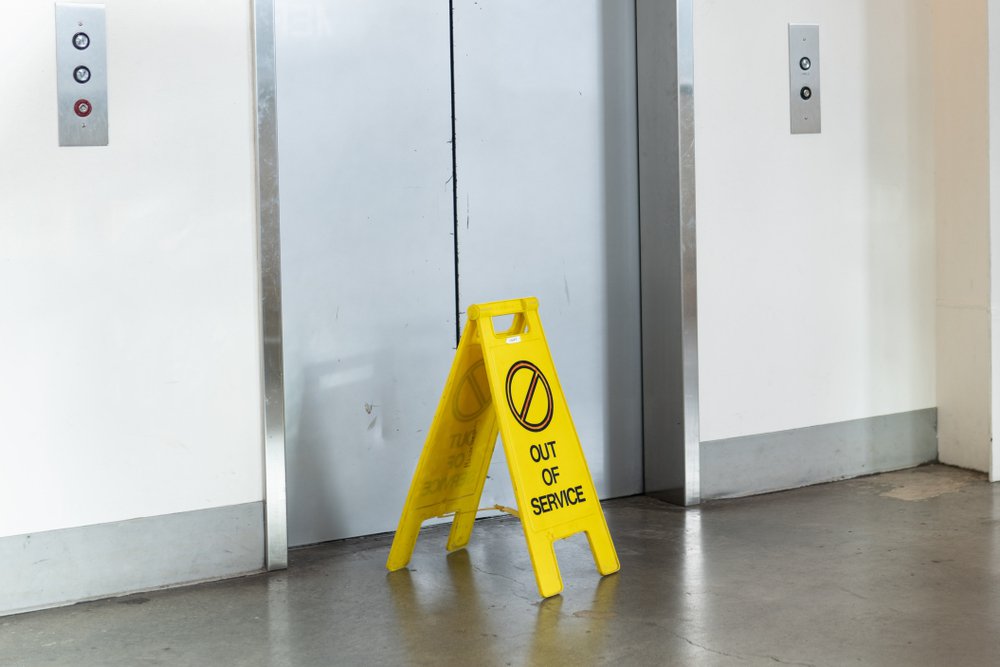A wide range of accidents can occur in Brooklyn NYCHA properties, whether caused by poorly maintained sidewalks, broken staircases, defective elevators, poor lighting, or other issues. If you were hurt on property owned by the New York City Housing Authority due to negligence, you may be entitled to pursue legal action to recover your damages. However, it’s important to understand that there are specific steps involved with filing a personal injury lawsuit against a city authority — and it’s best to have a skillful NYCHA accident attorney to guide you through the process.
Here are the several basic steps involved in pursuing a claim for a Brooklyn NYCHA accident:
1. Get Medical Attention
If you were hurt at a Brooklyn NYCHA property, it’s critical to seek medical attention promptly. Even if you don’t think you were seriously injured, it’s essential to be aware that some injuries do not develop until weeks or months later. Getting the immediate medical help you need is not only crucial for your health — but your medical records will serve as vital evidence in any personal injury case you might file.
2. Report the Incident
Report the incident to the NYCHA as soon as possible. This ensures that the accident is documented. You should also ask for a copy of the incident report and collect any other evidence that is available at the scene of the accident. In addition, gather the names and contact information for any witnesses and take photos or videos of the hazardous condition.
3. Comply with the Notice of Claim Requirements
Certain procedures must be followed if you intend to sue for a Brooklyn NYCHA accident. Since the NYCHA is a city entity, a Notice of Claim must be filed before you can bring a lawsuit. This must be done within 90 days from the date of the accident. Failure to comply with this requirement can result in your case being dismissed.
4. Attend a 50-h Hearing
After filing a Notice of Claim, you may be required to attend a 50-h hearing. Similar to a deposition, a 50-h hearing is a question-and-answer session that allows the NYCHA to gather more information about the accident and your injuries. After the hearing, the NYCHA may offer you a settlement. If you believe the amount being offered is unfair, you can proceed to commence a lawsuit.
5. Commence a Personal Injury Lawsuit
After 30 days of the 50-h hearing, you can file a personal injury lawsuit against the NYCHA for your injuries. There is a strict statute of limitations of one year and 90 days for suing a city entity. The lawsuit must be served upon the NYCHA and any other parties that may be held liable for your injuries. After the pleadings have been served, the discovery process will commence — this allows both sides to exchange evidence and learn more about the other’s position. Both sides may also engage in motion practice throughout the case.
6. Settle the Case or Proceed to Trial
After the discovery process has been completed, the NYCHA may make another settlement offer. While it is up to you whether you accept the settlement offer or not, your personal injury attorney can best advise as to whether the offer is fair. If a better result might be obtained in the courtroom, your case can be brought to trial.
7. Receive Compensation
The damages in a personal injury lawsuit can vary widely based on the facts of your specific accident. If you prevail in your Brooklyn NYCHA accident lawsuit, you may be entitled to recover both your economic and non-economic damages. These can include the following:
- Unreimbursed medical expenses
- Lost wages
- Future lost earnings
- Out-of-pocket costs
- Pain and suffering
- Loss of enjoyment of life
- Disfigurement
- Mental anguish
A knowledgeable Brooklyn NYCHA accident attorney will know how to value your claim and can fight to ensure you receive the maximum compensation available for your unique case.
Contact an Experienced Brooklyn NYCHA Accident Attorney
Brooklyn NYCHA accident claims can be complex, and it’s vital to have a skillful attorney who can help you navigate the process. The Dearie Law Firm, P.C., has handled premises liability matters for over three decades, including cases involving the New York City Housing Authority, and is dedicated to obtaining the best possible results for each client’s case. Contact us today for a consultation.

